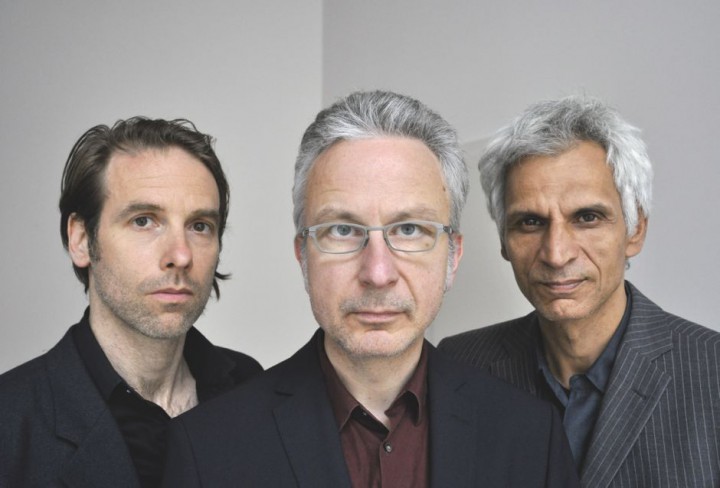
Christopher Dell – vibraphone
Christian Ramond – bass
Felix Astor – drums
DRA is a unique contemporary music research ensemble focussing on the criticality of rhythm. In the 25 years of its work, DRA has created a significant and iconic body of work that has been and continues to be the subject of intense discussion in the music world. According the American Composer George Lewis with DRA Dell presents a “unique hybrid of composition, improvisation, communication, and complex metric modulations that reflect his deep engagement with organizational studies.”
DRA defines rhythm criticality as a highly perspectivized exploration of thinking and performing multilayered rhythm practices in music and reflecting on their conditions of possibility. Along these lines rhythm criticality is the capacity to question conventional epistemological framings of musical form. DRA aimed and aims at expanding debates over formalism, historicism and aesthetics by focusing on one of music’s most important, most vested, and perhaps least well-defined or definable terms. Rhythm in this work is at once an aesthetic vector and a processual concept. It is a key term through which DRA delineates musical form, either through modulation of or confrontation with gridded meter. (what Gilles Deleuze in reference to Pierre Boulez has termed striated space)
We propose that this strategy be subsumed under the term “meta-music.” Central to this approach is the condition of referencing. One might assert that this condition was heralded by the second generation of conceptual artists. At times labeled under context art or post-conceptual art, these artists expanded the 1960s linguistic turn and negation of the picture to an artistic practice that critically reflected the construction of the social, commercial, art-historical, political, and media contexts in their works. Linking the rather cognitive approach of the 1960s with expressive elements and equipping it with references, artists such as Steven Prina, Louise Lawler, and Christopher Williams pursued what one might call a “rematerialization” of art.
In this way DRA’s vast body of work draws references to among others Edgar Varese, Art Blakey, Mary Lou Willliams, Barbara Heller, Django Bates, Thelonious Monk, Max Roach, Carla Bley, Norbert Scholly, Anthony Braxton, George Lewis, Elvin Jones, Pauline Oliveiros, Chaya Czernowin, Earle Brown, Charles Mingus, Roman Haubenstock-Ramati, Herb Pomeroy, Hal Overton, Joe Mc Phee, Tyshawn Sorey, Keiko Abe, Karnataka College of Percussion, Joe Henderson, Cornelius Cardew, Theo Jörgensmann, Pierre Boulez, Tony Allen, Ed Blackwell, Christian Lillinger, Karl-Heinz Stockhausen, Petter Eldh, Heinz Sauer, Peter Bruun, Frank Zappa, Jonas Westergaard, Jimmy Cobb, Louis Hayes, Grady Tate or Benoit Delbecq.
DRA toured extensively, among others for the German Goethe Institute in Brazil, Uruguay, Czech Republic, Mexico and U.S.A. It received the JazzArtAward in 2002.
At the time of the release “Future Of The Smallest Form”, the famous critic Ulrich Olshausen wrote in the Frankfurter Allgemeine Zeitung of 26 October 2001 under the headline “Air from three lungs. Gary Burton looks back, Christopher Dell looks forward” the following:
“…. In the case of Christopher Dell, one can also speak of descendants – one generation further on. The German vibraphonist would be hard to imagine without the challenging technical standards that Burton set for the world, especially as he studied with Burton and the American wrote the liner notes for Dell’s first record under his own name in 1992. What Dell does with these suggestions on his new CD is hard to believe. He uses big words to describe his concept. There is talk of the “manifesto of a new positioning in structuralist jazz”, of “innovative and vital fluidity” and the “exhaustion of what is possible in the musical space of classical trio playing”. Amazingly enough, everything is true. Others also compose complicated, twelve-tone themes with difficult changes of meter. In this trio, however, all the pieces are organized in a sequence of incessant, small-scale, highly complex structural changes. The improvisations are short but frequent and interlock irritatingly with the themes. Traditions bubble up as typical jazz phrasings up to swing, which can also sound song-like or like Dizzy Gillespie’s “Salt Peanuts”. Without question, these are highly conceptual compositions, but the confident, precise, casual flow and the technical qualities of the playing sensualize the music into a new kind of construct. The interplay of the trio – Christian Ramond (bass), Felix Astor (drums) – is the result of “three years of intensive research work”: this breathing of a body on three lungs is unprecedented. Of course, the “future of the smallest form” will not look like this: The rest of the world would have to try too hard.“
„Full of density and truth. “
Hans- Jürgen Linke, Frankfurter Rundschau
„unbelievable.“
Dr. Uli Olshausen, Hessischer Rundfunk
„Full of ideas and mastery“
Django Bates
„Drive with power and speed“
Jim Santella, Cadence, U.S.A
„… a strong player, constantly intriguing,…“
Jon Andrews, Downbeat, U.S.A.
Recording Works History:
2001 “Future of the smallest Form”, jazz4ever records
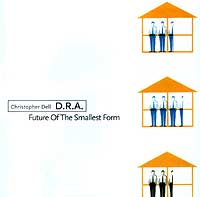
2003 “Real”, enw records
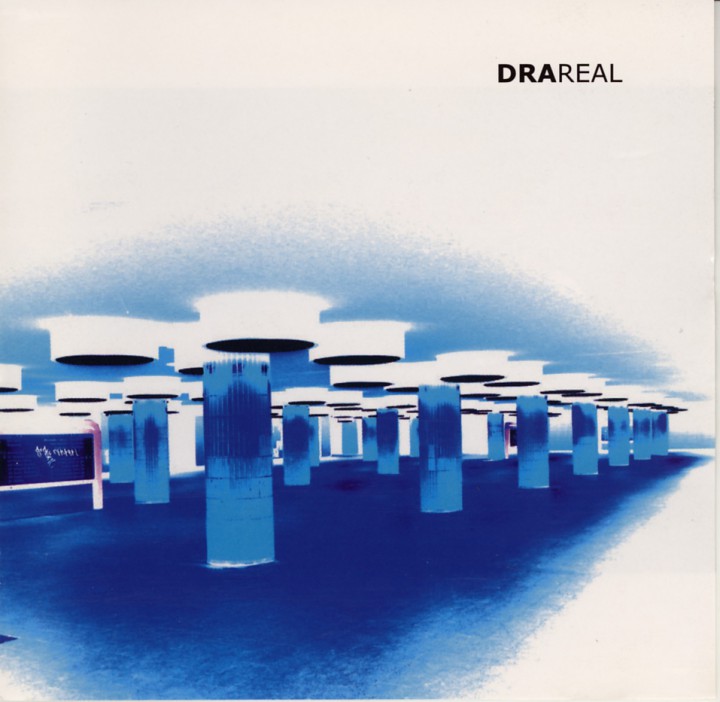
2006 “Truth Study”, enw records
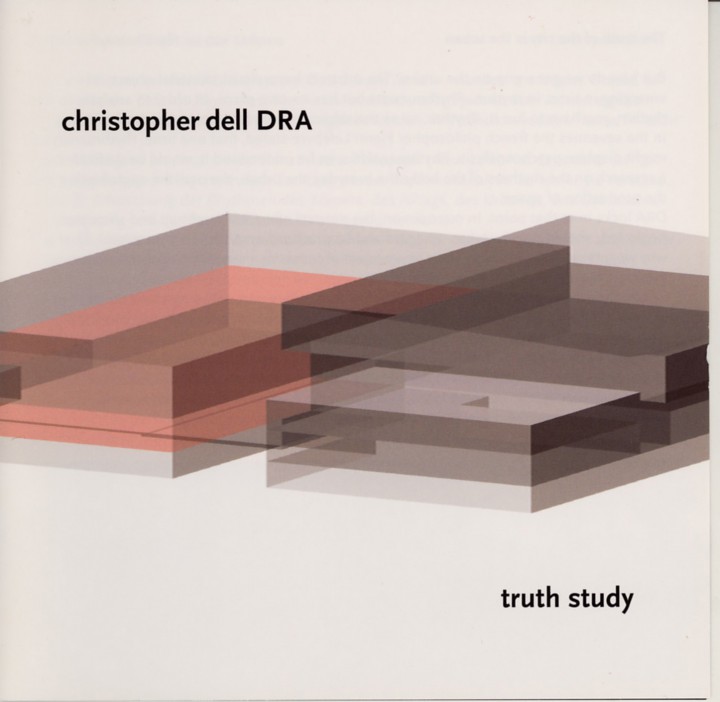
2013 “Typology”, enw records
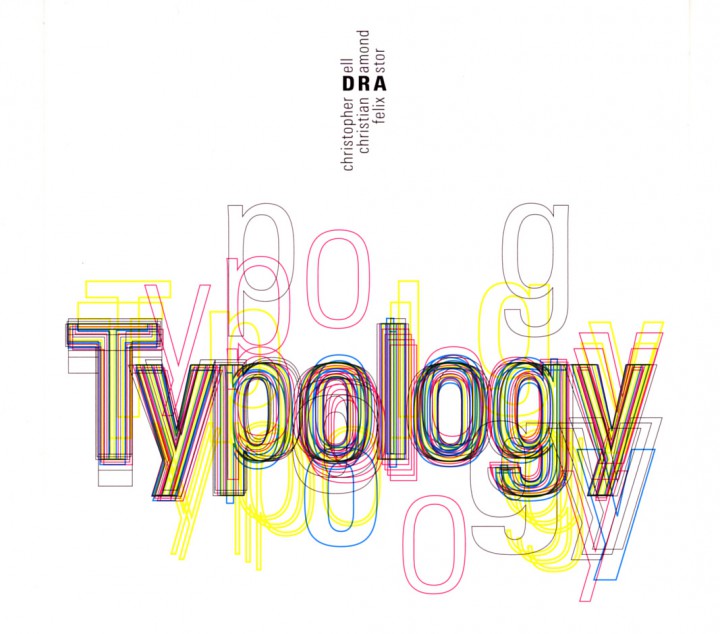
sold out
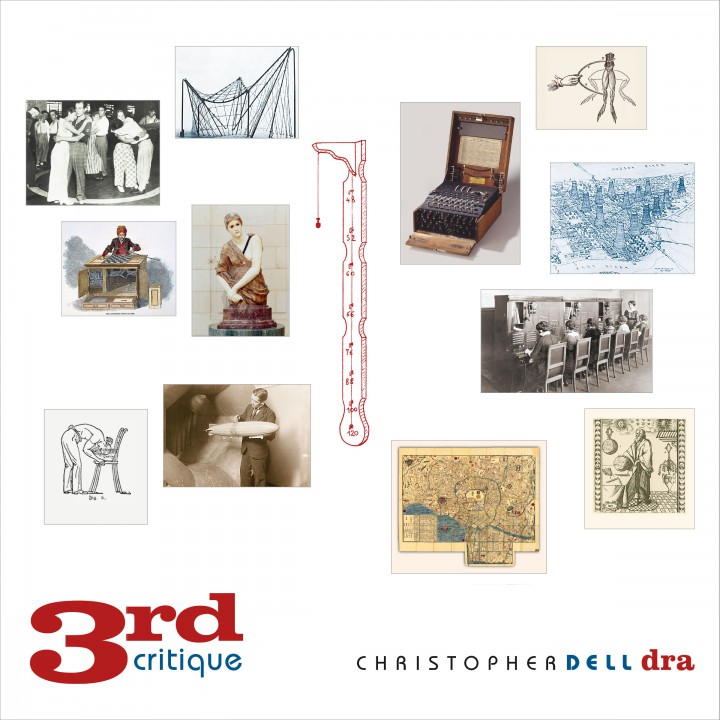
2016 “3rd Critique”, enw records
further press:
Tim Gorbauch described the work of DRA in the Frankfurter Rundschau as “a kind of quantum leap in European jazz. Such complex, precise music, sheer madness in its intricate changes of tempo and rhythm, had not existed before; the intersection between the possibilities of new music and free jazz had been redefined.”
“Between control and short phases of unleashing, this music moves between order and creative chaos. A highly concentrated mixture that keeps the listener in suspense for almost an hour.” Darmstädter Echo
“condensed structures, carried by an undeniable flow (…) clear, surprising and immensely refined”.
Hans-Jürgen Linke in Jazzthetik
“A lightness for which the word ‘flow’ almost seems ponderous”.
Wolf Kampmann in Jazzthetik
“Convinces despite all complexity also with joy of playing, looseness and humour.”
Heinz Kronberger in drums&percussion
“Jittery and free and yet calculated and logical.”
Werner Stiefele in audio
“crystalline beauty”
concerto
“admirable the closely interwoven and sensitive interplay of the players … Listening pleasure guaranteed.” Udo Andris, Jazzpodium
TIMELINE:
The ensemble DRA was founded in Cologne in February 1998. n. Three years of intensive and serial research rehearsals for the first programme resulted in the recording and publishing of the first CD release ‘Future of the smallest form’, which received euphoric reviews internationally.
In 2001, DRA received the ‘JazzArt Award – Music of the 21st Century’ and the Music Prize of the City of Darstadt for their research on the intersection of new music and contemporary jazz.
2002 saw festival appearances at the German Jazz Festival in Frankfurt, the Hessian Jazz Festival in Darmstadt and the Jazzart Festival in Cologne, as well as WDR and HR radio recordings. Estonia.
2003 saw the release of ‘DRA Real’ on the artist’s label of Christopher Dell edition niehler werft (enw). ‘DRA Real’ is a live CD with many innovations and updates of works from the first programme, and rehearsals began on the second programme, now in extensive rehearsal phases, as two ensemble members moved to Berlin.
2004 further intensive research phases and first concerts with the new (second) programme.
In 2005 gave concerts in Lisbon and elsewhere, radio recording MDR, further rehearsals and recording of the 2nd programme in Berlin.
2006 the CD ‘Truth Study’ was released on enw and DRA was invited to the 1st ‘Jazz Ahead’ in Bremen. An intensive Goethe Institute tour to Uruguay/Brazil followed, including a concert at the Festival de Percussion Montevideo, as well as a concert at the jazz.cologne Festival with WDR recording and broadcast.
2007 further rehearsal phases on the update of the 2nd programme and various concerts, including at Jazz Baltica Festival with DLF recording and broadcast.
2008 Tour for the Goethe Institute with concerts in New York and Boston, and at the invitation of George Lewis and Wolfram Knauer a lecture and panel discussion with Christopher Dell on the subject of DRA at Columbia University, New York and exchange with New York musicians. DRA also received a commission by the Goethe Institute in Rome to compose music for Murnau’s silent film ‘Dr Faust’ with a performance in Rome, as well as a concert at the Elmau Jazz Festival and broadcast on BR.
In 2009 and 2010 DRA was part of the research project MICC (Music/Innovation/Corporate Culture) at the University of Duisburg-Essen on the subject of organisation, innovation and music. At the same time, DRA began conceptualising and rehearsing the new (third) programme.
The first works from the third programme were premiered at in 2011, including a tour for the Goethe-Institut in Mexico and a concert at the Foro Expo book fair festival in Guadalajara. in Guadalajara.
2012 DRA was selected by Django Bates as a finalist for the New German Jazz Prize, excerpts from the concert will be shown and discussed in Kulturzeit on 3 Sat, as well as further concerts and research phases.
2013 the live CD ‘Typologie’ was released on enw with an update on the 2nd programme, further rehearsal phases for the 3rd programme and various concerts
2014 BR studio production in Nuremberg with broadcast, invitation to the Klaeng Festival Cologne with WDR 3 TV recording, further concerts and rehearsal phases. and rehearsal phases.
In 2015 the production of the CD ‘3rd critique’, i.e. the third programme was realized with the sound engineer Arne Schumann.
2016 ‘3rd critique’ was released with an extensive tour. Invitations to Jazz Baltica, Prag ‘Freejazz-Festival’.
2017 Jazzfest Bonn with DLF radio programme and interview on the concept with Odile Clausnitzer.
2018 Invitation to the Festival of the Jazzkollektiv Berlin
2019 touring and research phases
2022 scholarship by the Musikfonds, start of the work on the fourth programme.
2023 25 years anniversary tour of DRA and research phases continued.